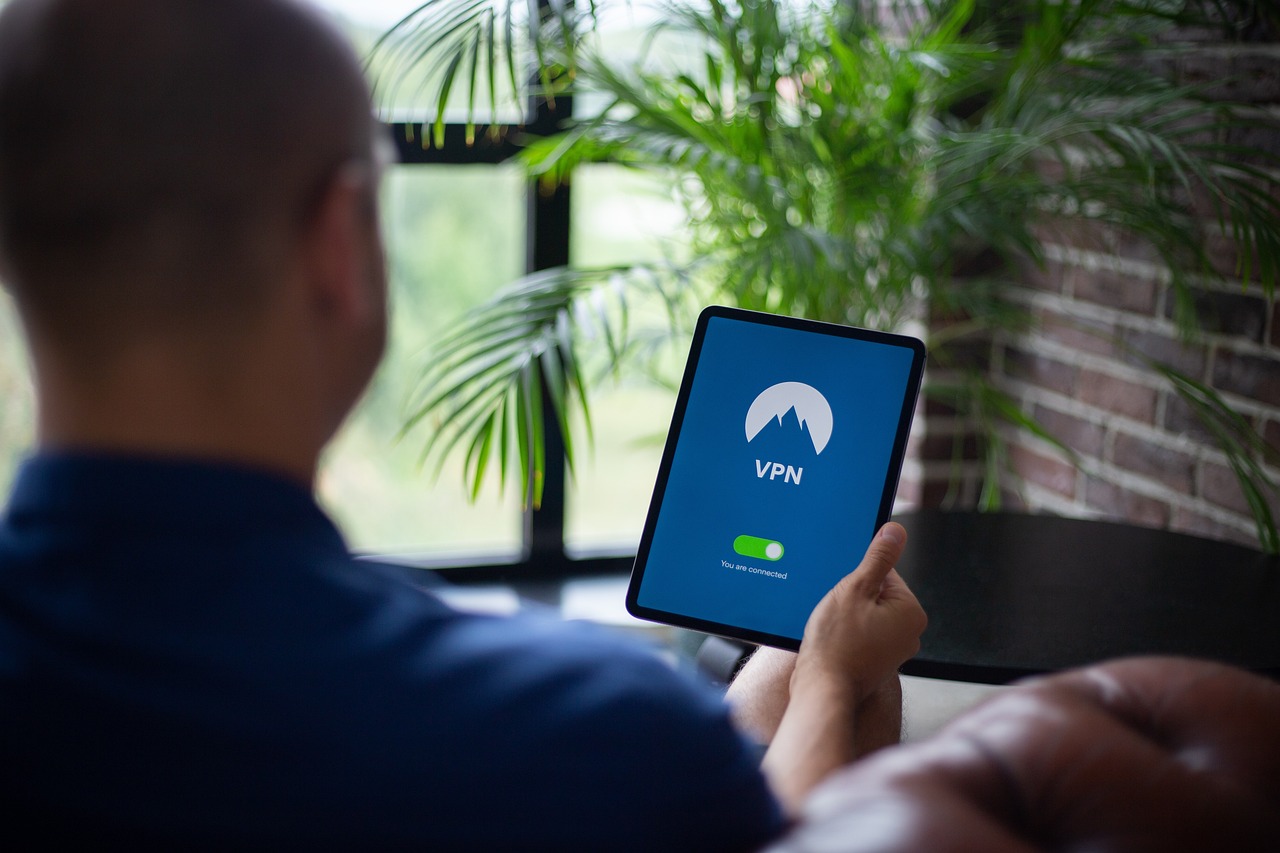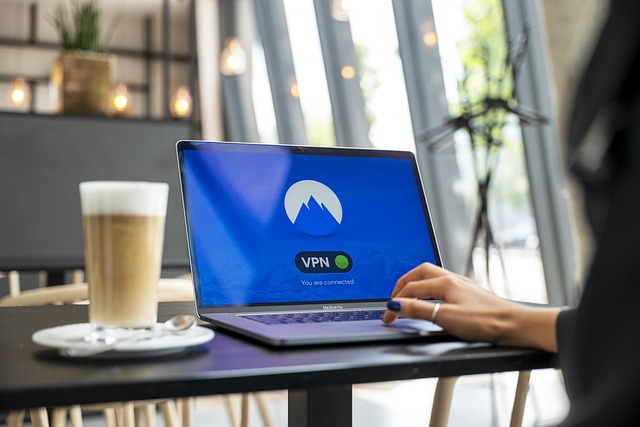In today’s digital age, online privacy is more important than ever. With cyber threats looming around every corner, the need for a reliable Virtual Private Network (VPN) has skyrocketed. But with so many options available, how do you choose the right one? Selecting a VPN isn’t just about picking the first name that pops up in your search results. It requires careful consideration of various factors to ensure it meets your needs and keeps your data secure. From understanding privacy policies to evaluating security features and speed performance, there are numerous aspects to weigh before making a decision. Let’s dive into the essential things you should consider when choosing a VPN that fits seamlessly into your online life.
Privacy Policy
When choosing a VPN, the privacy policy is your first line of defense. This document outlines how the service handles your data. It’s crucial to read it thoroughly. Look for clear statements on what information they collect. Some providers may log user activity, while others adopt a strict no-logs policy. A robust no-logs guarantee ensures that even if authorities come knocking, there’s nothing to hand over. Transparency is key to a trustworthy privacy policy. Check whether the company has undergone independent audits or security assessments.
Security Features

When selecting a VPN, security features are paramount. A strong encryption protocol is essential for safeguarding your data against prying eyes. Look for options like AES-256, which is widely considered the gold standard. Just as important is the presence of a kill switch. This feature automatically disconnects your internet if the VPN connection drops, ensuring that no unprotected data leaks out. Multi-factor authentication adds an extra layer of protection by requiring more than just a password to access your account. It’s a simple yet effective way to prevent unauthorized access.
Server Locations
When selecting a VPN, server locations play a crucial role. A diverse range of servers can enhance your online experience significantly. Look for providers that offer servers in multiple countries. This gives you the flexibility to access geo-restricted content from various regions. Whether it’s streaming services or websites, having options is key. Consider the distance between you and the server as well. Closer servers usually mean better speed and performance. If you’re connecting to a server far away, latency issues may arise.
Speed and Performance

When selecting a VPN, speed and performance are crucial factors. A slow connection can be frustrating, especially during streaming or gaming sessions. You want a service that maintains high speeds without sacrificing security. Latency is another aspect to consider. Lower latency means quicker data transmission. This matters for activities like video conferencing or online gaming where every millisecond counts. Check if the provider offers various protocols as they can impact speed differently.
Compatibility
When selecting a VPN, compatibility is crucial. You want to ensure it works seamlessly across your devices. Whether you’re using a smartphone, tablet, or desktop, the right VPN should support all platforms. Check for operating systems like Windows, macOS, Android, and iOS. A good provider will offer apps tailored to each system. This ensures optimal performance and ease of use. Browser extensions can also be valuable if you primarily surf the web. Look for options compatible with popular browsers like Chrome or Firefox.
Choosing the right VPN can significantly enhance your online experience. It’s essential to understand the privacy policy of any provider you consider. Look for transparent practices and a commitment to protecting your data. As you weigh these considerations, remember that finding the right balance between privacy, security, speed, and usability will lead you toward an informed decision about which VPN service best fits your needs.







